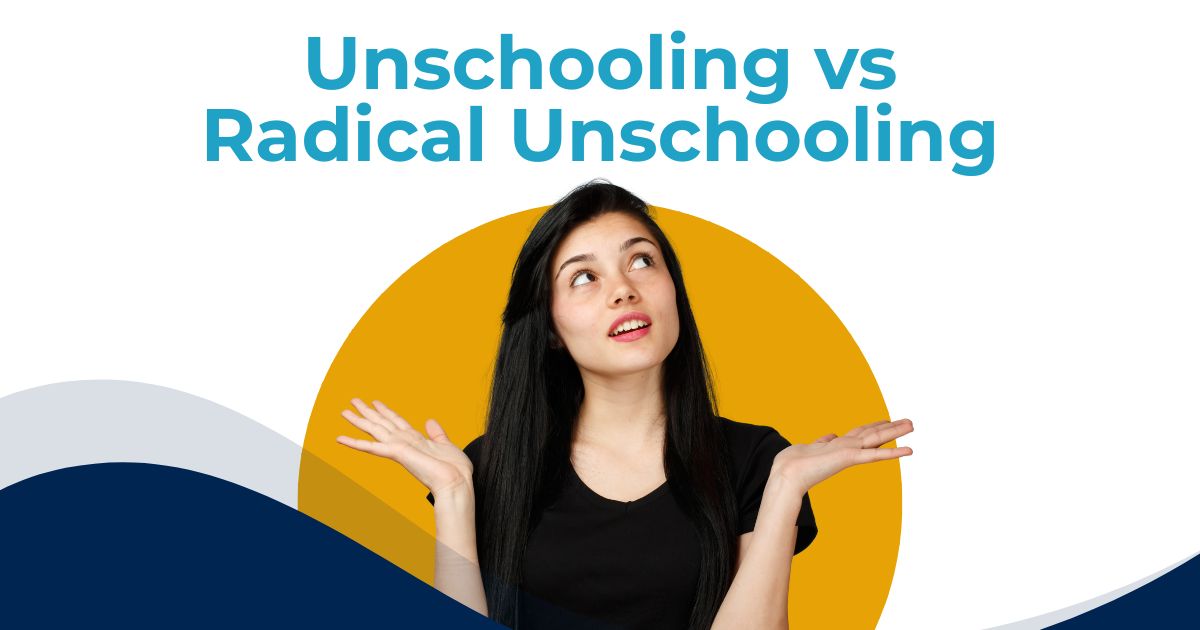Geography can feel like one of those subjects that’s all about memorizing names, dates, and locations. Where is Timbuktu? What’s the capital of Kyrgyzstan? While those facts have their place, they don’t exactly spark a lifelong love for our incredible world. If you’re looking for a way to teach geography that feels more like a […]











